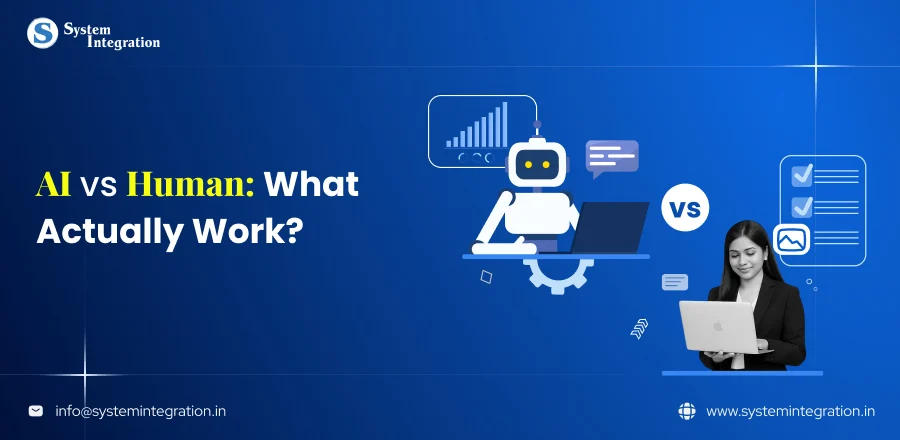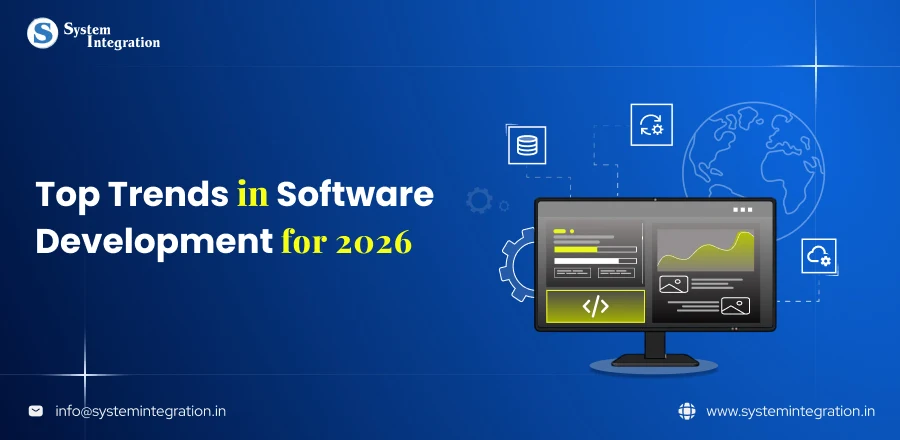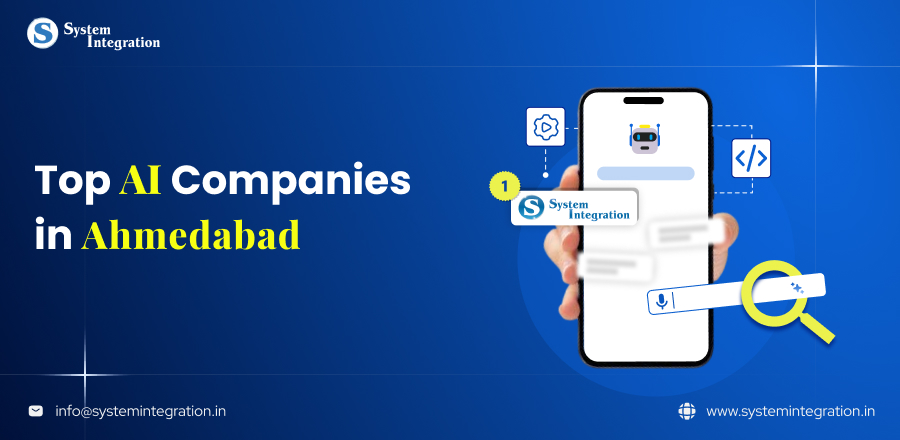Introduction
As artificial intelligence makes its way through various industries, new words are emerging to describe its functionality and in some cases, it’s sparking confusion. The terms agentic AI, AI agents and generative AI concepts tend to be thrown around interchangeably but they are fundamentally different in terms of technology and use cases.
For companies that are thinking about infusing AI( be it to automate workflow, to augment decision-making, and to drive autonomous action), this understanding is essential.
Each has a different role in defining the future of enterprise system: Generative AI creates content, AI Agents achieve task-driven goals, and Agentic AI takes that degree of autonomy further with the capacity to reason, plan, and learn.
Why Is It Important For Enterprise Owners, Programmers And Automation Leader
For enterprise owners, the separation enables more informed decisions regarding where resources can make the most impact. Ultimately, the wrong pick could lead to suboptimal ROI, compliance violations, or inefficiencies.
These categories are important for programmers and engineering teams to know when considering the right tools, APIs, and architecture. Generative AI is doing great things in the space of natural language generation, however constructing independent systems like Agentic AI necessitates planning frameworks, memory management, state tracking, and orchestrating (across a variety of platforms).
And for automation leader and solution architects, these differences shape what it means to design smarter workflows. So rather than AIagents vs agentic AI both can work combined and can evoke multi-step processes in one response, as desired—enabling scalable, intelligent automation that’s far above and beyond what static rule-based systems can do.
In summary, understanding the differences and commonalities across the various types of AI automation can help organizations more accurately align initiatives with business objectives and costs.
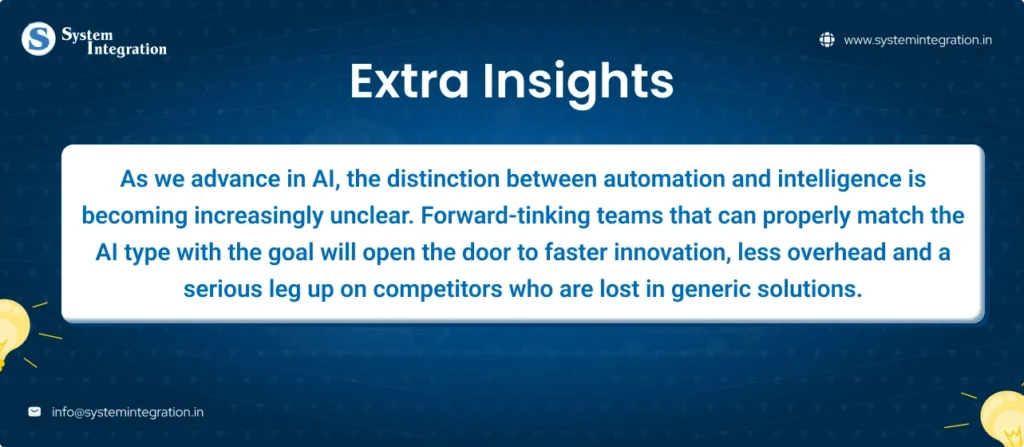
Comprehension Of The New AI Paradigms
What are AI Agents?
In AI, agents are systems that can achieve tasks using chains of actions, typically interacting with users, data, or an environment. Not completely autonomous, they apply logic, rules and occasionally machine learning to carry out workflows, such as scheduling meetings, responding to customer queries, or handling business operations within certain limits.
What Is Agentic AI?
Many gets confused between AI agents vs agentic AI, however Agentic AI is an advancement unlike traditional AI models. It synthesizes the capabilities of reasoning, planning, and reactive control to venture toward goals with little human support.
They can break down complicated goals into subprocesses, initiate courses of action, change strategies on the fly and even phone up other agents or equipment, making them a leap toward real autonomy in AI for business.
What is Generative AI?
A lot of users think traditional AI and Generative AI are the same but that’s not the case. Generative AI refers to models that create content like text, images, code, or audio by learning patterns from large amounts of data. Examples of this include tools like ChatGPT and DALL-E. They’re really good at imitating human-like creativity but they do so in prescribed ways and they don’t get to keep doing it, or have any autonomy or authority.
Table: Comparing Agentic AI, AI Agents and Generative AI
| Aspect | Generative AI | AI Agents | Agentic AI |
|---|---|---|---|
| Purpose | Generate writing(text, image, code and more) | Perform tasks or actions in accordance with goals | Plan, decide, and act over time, autonomously |
| Autonomy Level | Low | Medium | High |
| Example Tools | GPT-4, DALL·E, Claude | Zapier bots, CRM bots, Copilot | AutoGPT, Devin AI, ReAct-based frameworks |
| Core Abilities | Generate outputs based on input | Follow workflows, respond to triggers | Self-directed behavior, adapt over time |
| Business Use Cases | Content creation, summarization, chatbots | Customer support, scheduling, basic automation | Long-term planning, autonomous problems-solving |
Selecting The Appropriate Type Of AI For Problem And Maturity
Different AIs are designed and wanted in different places. Enterprises need to evaluate their current level of complexity of business flows, data maturity and aspiration level for AI automation in order to choose the specific type of AI.
- Use Generative AI if what you are looking to achieve is some kind of content creation, language understanding, summarization or idea generation.
- For specific task automation (such as customer support flow or onboarding workflows, or even task routing), you’ll be best served with AI Agents.
- Apply Agentic AI to improved, Long-Term Automation with Goals, Memory, Agency and Multi-Step Reasoning.
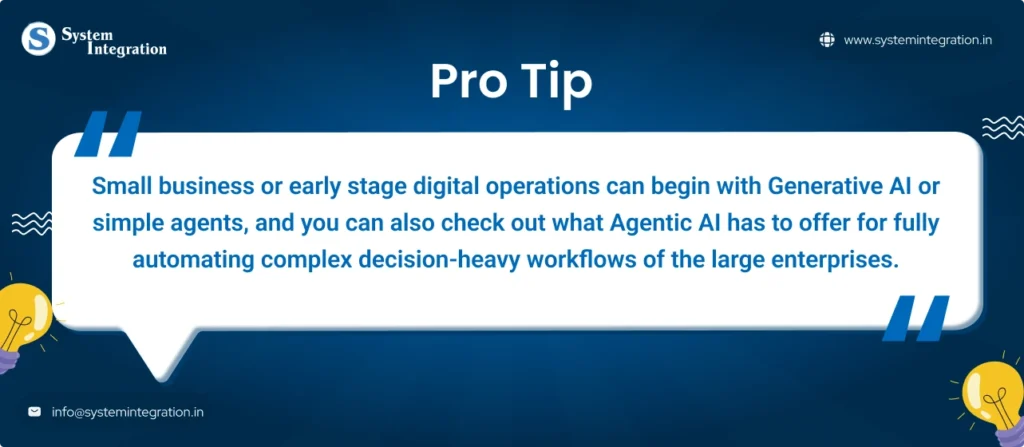
Businesses and Developers Key Takeaways
The nuances between Agentic AI, AI Agents and Generative AI is more than mere term of general knowledge. It’s crucial to making intelligent and future-ready choices about automation and AI adoption. Every flavor of AI meets unique business demand, levels of complexity and maturity where organization are
Risks, Limitations, and Best Practices
These AI systems are powerful, but they also present risks that businesses should keep in mind:
- Left unattended, generative AI can hallucinate facts or spew out biased content.
- Rigid and poorly integrated workflows can result in brittle AI Agents.
- Safety, Interpretability, Control, and Resource: The Autonomy and Planning Aspects of Agentic AI bring with them additional concerns: safety, interpretability, control, and resource burden.
Best Practices:
- Begin with a well-defined use case and expected ROI.
- You can never trust autonomous surveillance with no oversight!
- The emphasis to be put on openly, explainably, and securely handling data.
- Test AI results often prior to putting in production.
Conclusion
All three technologies have different applications across all the industries and also hold immense potential for the future. These systems can perceive and make decisions and take actions to the command given.
FAQs
Yes, Agentic AI and Generative AI can effectively work together. While Generative AI focuses on creating content and ideas, Agentic AI handles decision-making and task execution.
While they are related, both have different meanings. Agnetic AI refers to broader concepts that exhibit autonomy and productivity, capable of setting and pursuing goals and also adoptable to change.
AI Agents, on the other hand, are specific software entities designed to perform particular tasks with some level of autonomy.
Understanding the differences between Agentic AI, AI Agents and Generative AI is crucial for any business. As each has their own unique purposes. Generative AI focuses on content creation, Agentice AI excels at autonomous task execution, and AI Agent are most advanced that is capable of Long-term planning, autonomous problems-solving.



